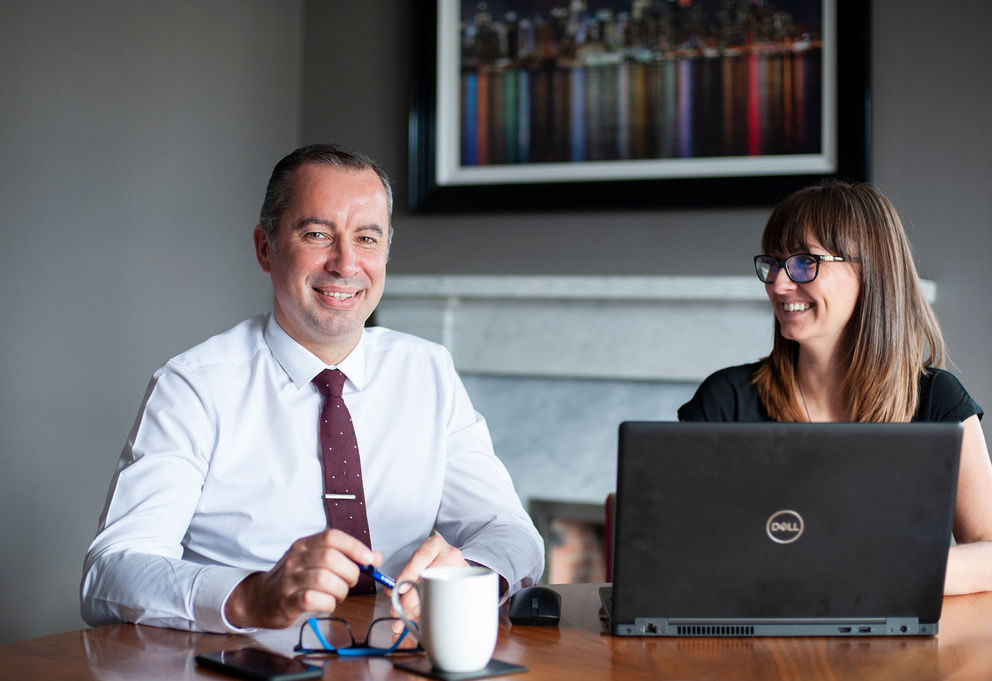The Government has introduced a temporary 5% rate of VAT to support certain types of business during the Covid-19 crisis. The 5% rate applies to some supplies relating to hospitality, hotel and holiday accommodation, and admissions to certain attractions, and it applies from 15 July 2020 until 12 January 2021.
What impact will this have?
The effect of being allowed to charge 5% VAT instead of the usual 20% is that businesses can cut their prices, boost their margins, or a bit of both, and it is entirely up to each business owner to decide which way to go. For example, if you run a restaurant and have an item on your menu for £8.40, normally that is £7.00 plus VAT of £1.40. If you kept the price at £7.00 plus VAT, it would become £7.35, and if you kept the total price at £8.40, it is now £8.00 plus VAT. When the Chancellor announced this, he seemed to present it as an opportunity to cut prices and stimulate demand. But the businesses affected by this will mostly be operating at reduced capacity, and there must be a lot of people who are bored of staying in every evening for 4 months (and eating their own cooking). So hopefully demand will be healthy, and it looks like most businesses will boost their margins instead, to try to make up some of the losses they have incurred since March.
Which supplies are subject to the temporary reduction?
The supplies which are temporarily subject to only 5% VAT are as follows:
The change only affects supplies which normally bear 20% VAT. Anything which is zero-rated or exempt is unaffected, for example cold takeaway food.
Accounting for the change
For the most part, it will be simple to account for VAT at the 5% rate. Even if you haven’t reprogrammed your tills to calculate 5% VAT, it may simply be a matter of making an adjustment when calculating the figures for your next VAT return. But VAT is rarely straightforward, so there are a few things to watch out for in various types of business.
Alcoholic drinks remain standard-rated, with 20% VAT, so restaurants will have to divide their bills between 5% and 20% sales to work out their VAT. Ancillary charges such as services charges added to bills also stay at 20%, though there is no VAT on tips freely given.
Hotels may still make a range of standard-rated or exempt supplies. Hire of rooms for meetings and letting of shops are still exempt or, if the business has opted to tax the property, standard-rated. Ancillary supplies such as car parking and use of equipment for meetings remain VATable @ 20%. And wedding packages (assuming they can re-start by January) still bear 20% VAT, though in some circumstances it may be possible to separate the catering supply and charge 5% on it.
Holiday accommodation
Any accommodation advertised or held out as suitable for holiday or leisure use – is usually in cottages, flats or caravans, but it can include motor homes or boats. However, a day’s hire of a boat won’t count as holiday accommodation so it remains standard-rated.
The sale or lease of a hotel etc or holiday accommodation does not fall with the temporary 5%, and the usual (complex) rules continue to apply.
Attractions
Admission fees to attractions such as theatres, museums, amusement parks and cinemas may already be exempt, for example if they are run by a charity. But where VAT is charged, the 5% rate now applies. Any other charges made by such venues remain VATable at 20%, as do sporting events.
Flat Rate Scheme
Small businesses which are affected by the temporary VAT rate might be in the Flat Rate Scheme, so three FRS rates have been reduced for the period up to 12 January. For catering services including restaurants and takeaways, the rate is down from 12.5% to 4.5%. For pubs, the rate is reduced from 6.5% to only 1%, and for hotels and holiday accommodation the rate is down from 10.5% to 0%. While these changes are no doubt as welcome as the main reduction to 5%, they perhaps indicate just how difficult it is to make money in the hospitality trade at present.
Questions?
If you have any questions about the temporary VAT reduction, please contact Alastair Johnston or your usual William Duncan contact.
